Tag: Crisis Management
Do You Own It? Or Does It Own You?


Photo by Marcus iStrfry on Unsplash
When I look at my life, I see a cliché: a rollercoaster — a few flat moments, and lots of ups and downs. For the most part, it’s been fun. But sometimes it overwhelms me, especially when things don’t roll as expected. Eventually, I realize I better get a grip.
—
What is the point of riding a rollercoaster, if you’re not going to own the experience?
—
As a coach, my job is to help people get unstuck, and that starts by them owning the experience they’re going through. As long as the experience owns us, we’re stuck and we can’t move forward.
—
Owning the experience means recognizing realistically what is happening — no more, no less — and then accepting it just as it is.
—
Only then can we figure out what to do next. Here is what I do to help myself and others own the experience.
First, frame the experience in a more constructive, less apocalyptic light. What is fact, and what is interpretation? What else could this mean? What is useful here? How could this help us grow?
Second, share the experience transparently with others. When we overcome the vulnerability of openly sharing our struggle, we dispel the power the experience has over us. As Mr. Rogers* would say, if it’s mentionable, it’s manageable.
—
Worse than the experience of feeling overwhelmed, is the experience of not owning this experience.
——
*Mr. Rogers was a TV host, author, and producer; best known for the preschool TV series “Mister Rogers’ Neighborhood”.
Wisdom for Teams #21
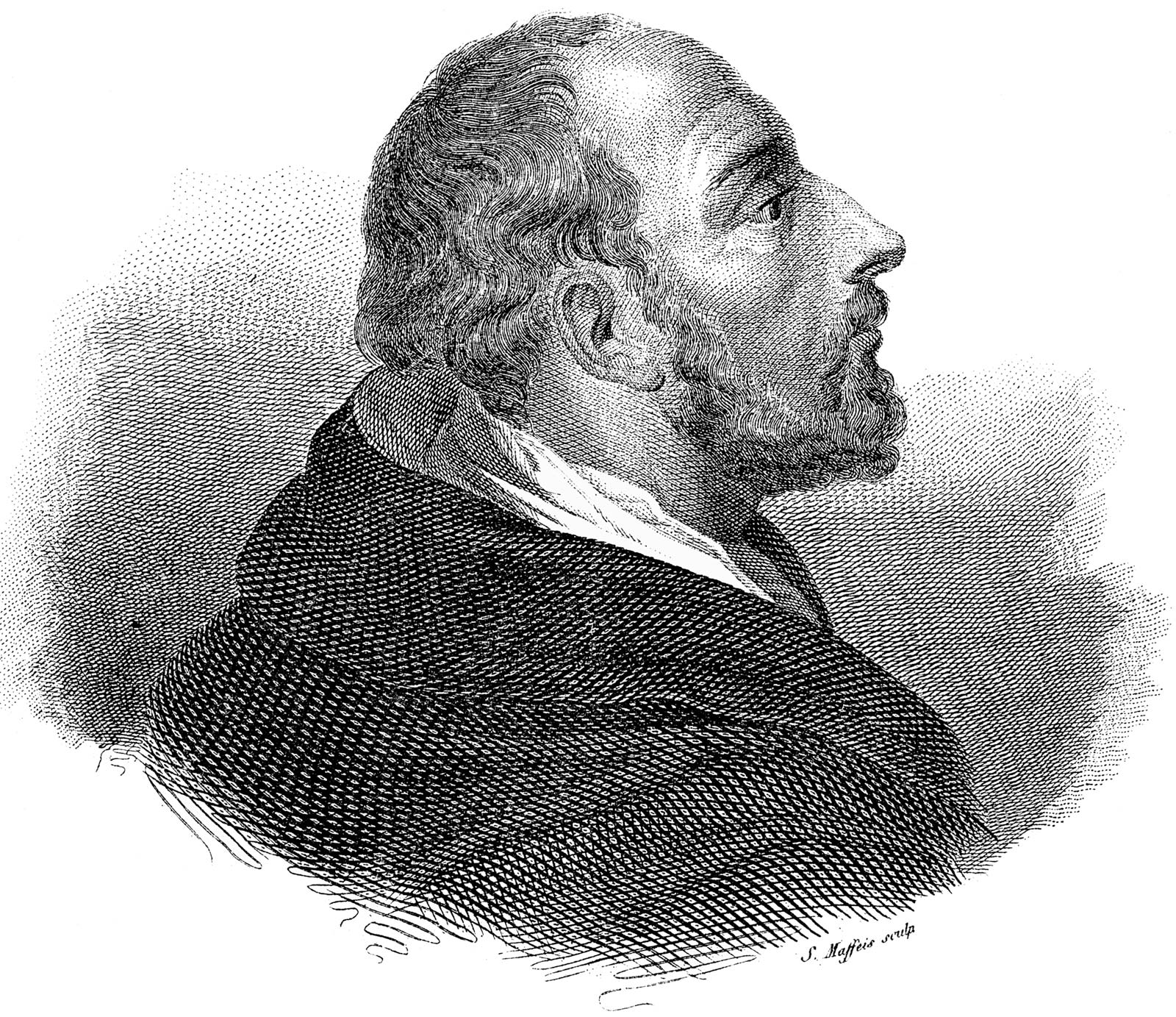
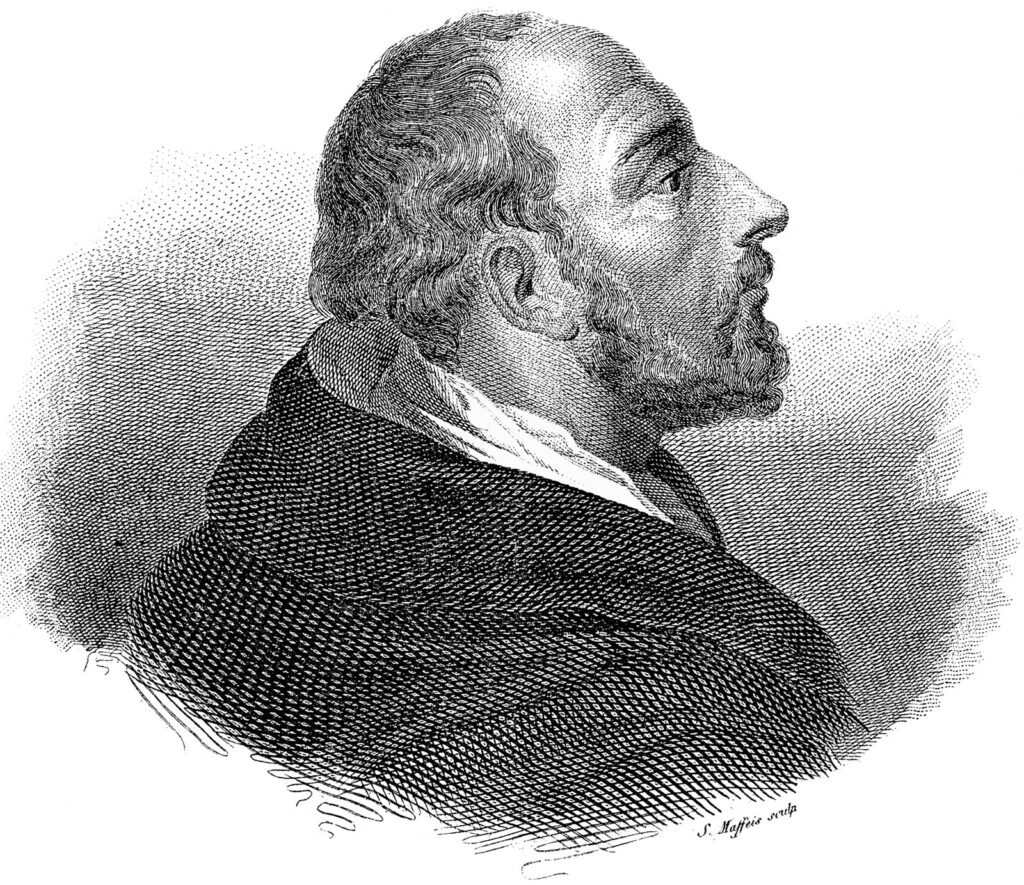
—
“If the highest aim of a captain were to preserve their ship, they would keep it in port forever.”
—
Thomas Aquinas (1225 – 1274), Influential Italian philosopher, theologian, and jurist; a Dominican friar and priest.
3 Hacks to Manage Mess in Life
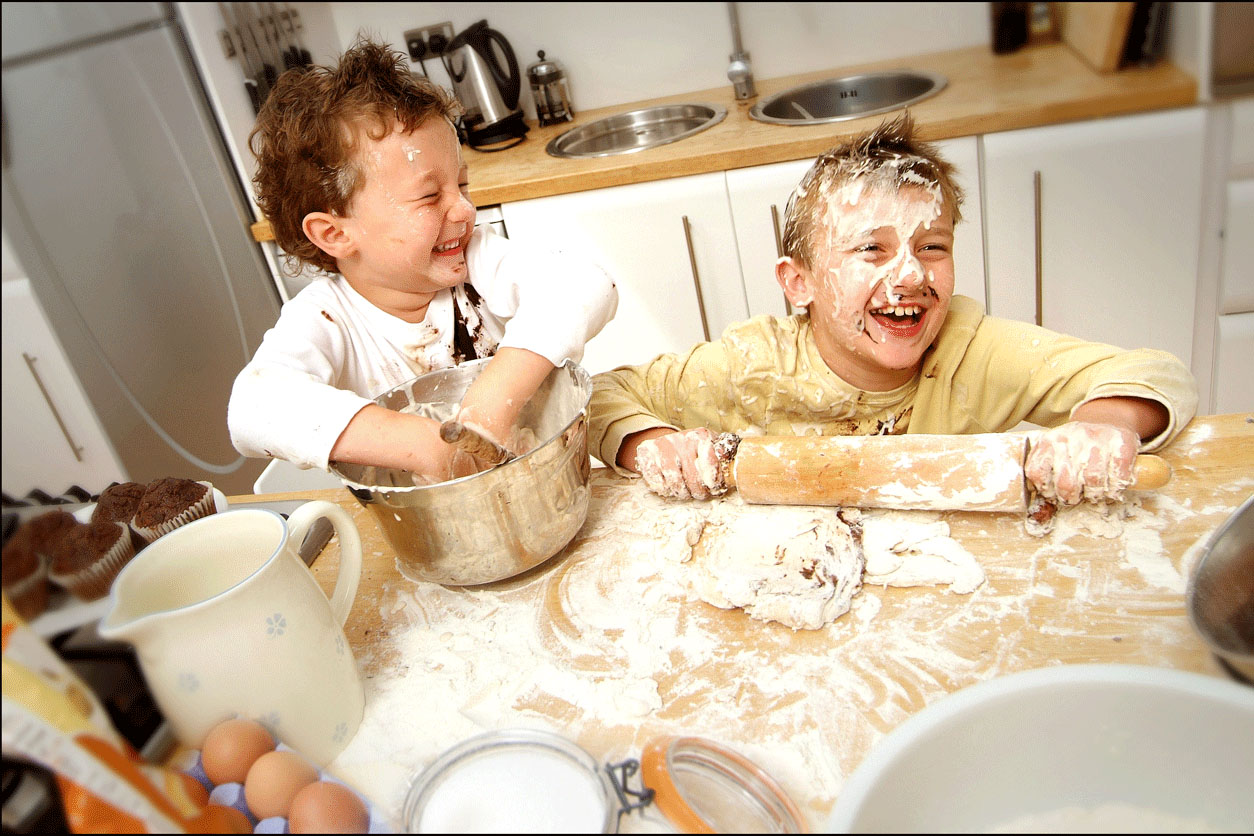

—
On Friday I gave an online workshop for Amazon’s Recruiting Team for Europe, the Middle East and Africa. It was about self-care and self-investment, and my premise was that any life worth living will regularly get messy just like the kitchen gets messy when we use it.
The key then to wellbeing is not to try avoid the mess, but to care and invest in ourselves so as to be emotionally fit when the mess happens. I shared with them several shortcuts for emotional fitness. Here are three that require little effort but have a massive, massive, massive impact in our wellbeing.
- Sleep: Matthew Walker, sleep expert and author of the book “Why We Sleep”, recommends we give ourselves the opportunity of 7 to 9 hours of sleep every night. He says that the pillars of a healthy body are not diet, exercise and sleep, but just diet and exercise, because sleep is the foundation.
- Gratitude: It’s very difficult, if not impossible, to feel grateful and at the same time anger, fear or sadness. Gratitude energizes us to deal with life’s challenges. This is why I recommend starting the day by bringing to mind a few things we can be grateful for, and to connect with the emotions that this generates. This will set us up to deal with what comes our way during the day.
- Hanging out with TRUE friends: There is a growing body of evidence about the vital role of friendship in overcoming challenges. Introverts or extraverts, we are all social beings. Helen Keller said that she would rather walk with a friend in the dark, than alone in the light. The Beatles nailed it when they suggested we get by with a little help from our friends.
Life will always give us challenges that require we reinvent ourselves. Things will break down. People will let us down.
The key to a balanced life lies in being ready for these inevitable events, for any life worth living is a messy life.
You Can’t, Until You Have To
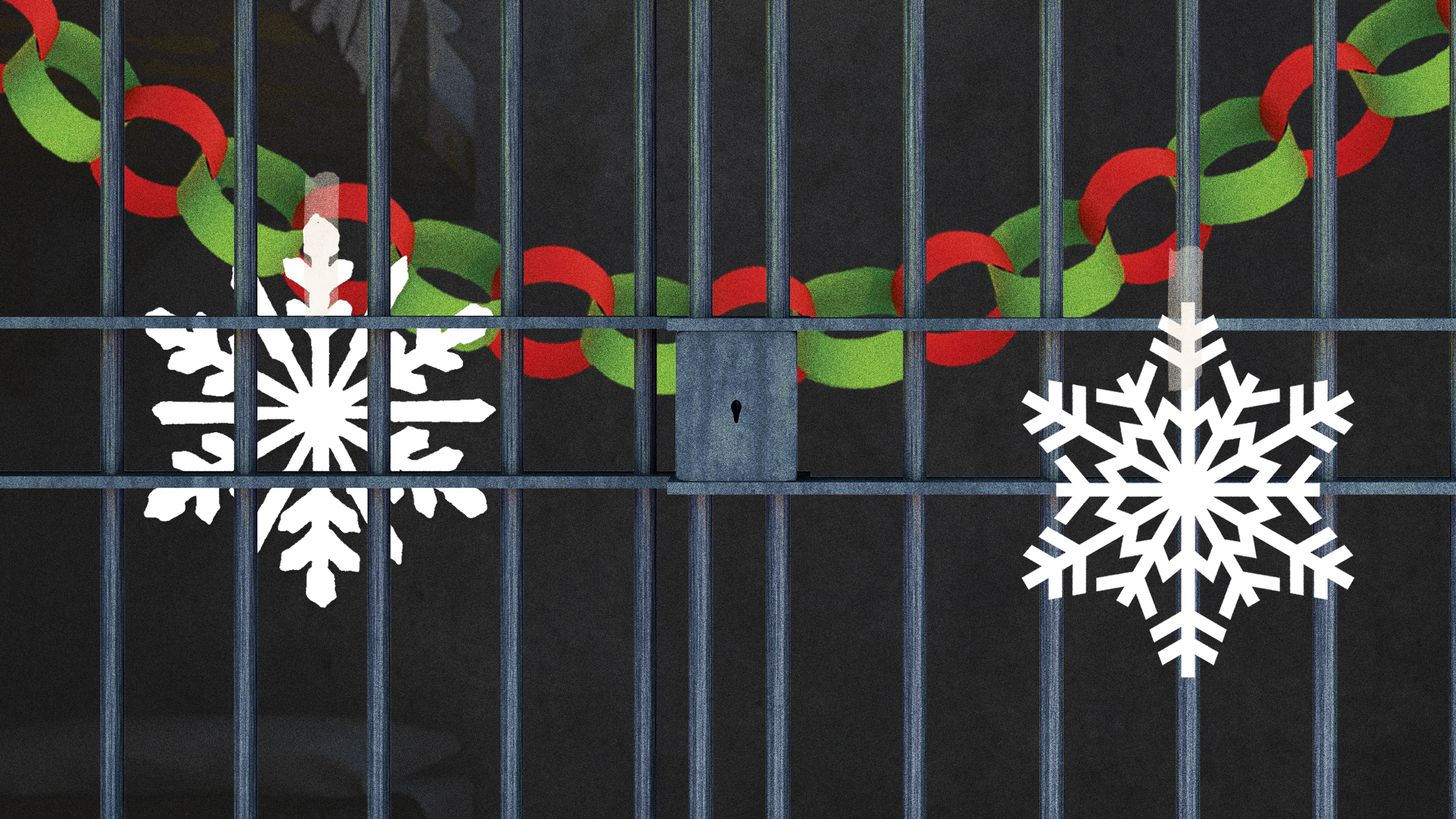
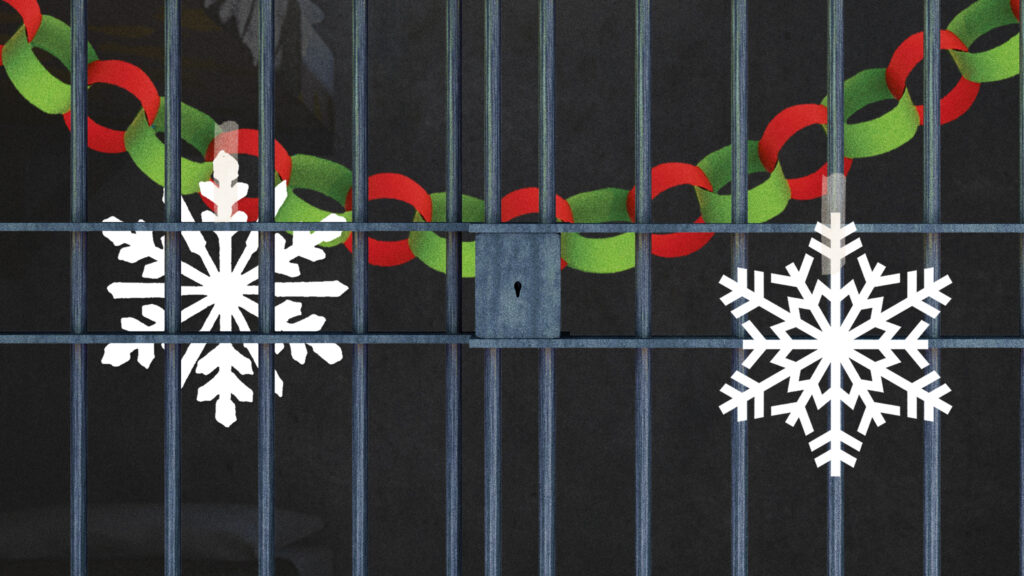
—
In my years as a volunteer in jails, I always hated talking to someone on their first day. What the hell do you say? To my point, in seven years volunteering, EVERY person I spoke to on their first day told me:
—
I can’t do this.
—
The irony was inevitable and piercing: Of course we can’t do this. We’re not made for imprisonment. But then again there was no other choice. The following week I’d come back. There we were again. Sad, sometimes angered, maybe bitter, but they no longer thought: I can’t do this. This a hard truth of life:
—
We can’t, until we have to.
—
Christmas is around the corner. Of course none of us were made for this year’s Christmas. But what’s our alternative? When we catch ourselves thinking: I can’t do this, let us remember: We will, if we have to.
I Broke a Promise
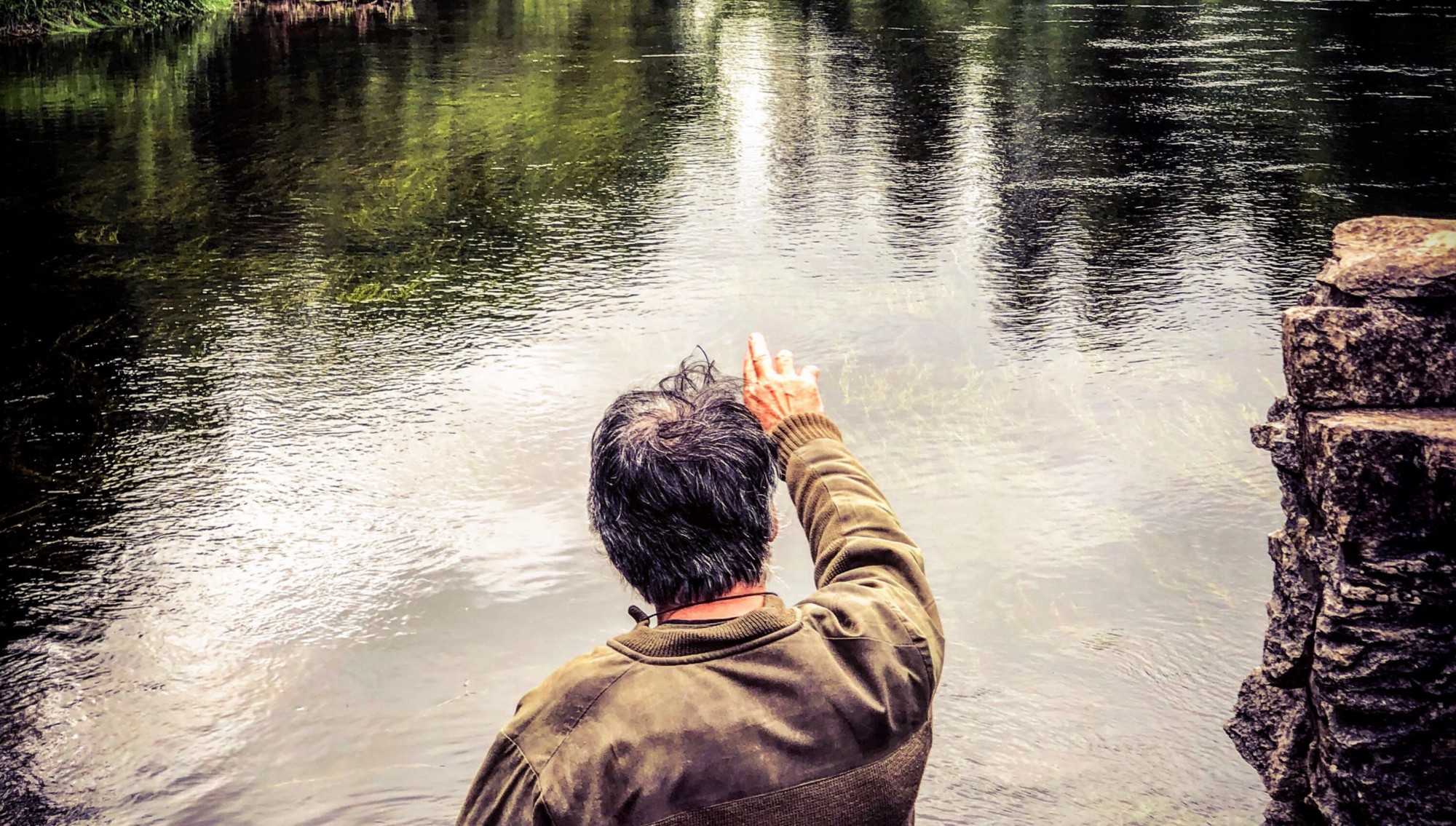

Photo Credit: Jonny Miller
I broke a promise when I decided I’d no longer serve as a priest.
I broke a promise when I decided I’d end the relationship.
I broke a promise when I decided I’d stop seeing that friend.
Breaking a promise didn’t feel good. But it happened, again and again.
This week I came across a poem by David Whyte about how to break a promise.
Apparently we humans break promises, again and again. Apparently we can learn to do it better.
Shall we accept that breaking promises is part of life, like making them is?
—
To Break a Promise
Make a place of prayer, no fuss now,
just lean into the white brilliance
and say what you needed to say
all along, nothing too much, words
as simple and as yours and as heard
as the bird song above your head
or the river running gently beside you.Let your words join one to another
the way stone nestles on stone,
the way water just leaves
and goes to the sea,
the way your promise
breathes and belongs
with every other promise
the world has ever made.Now, let them go on,
leave your words
to carry their own life
without you, let the promise
go with the river.Stand up now. Have faith. Walk away.
In “The Sea in You: Twenty Poems of Requited and Unrequited Love” by David Whyte
P.S. David, I hope you don’t mind me sharing your poem here. Thank you.
Podcast: How a Former Priest Creates Badass Teams
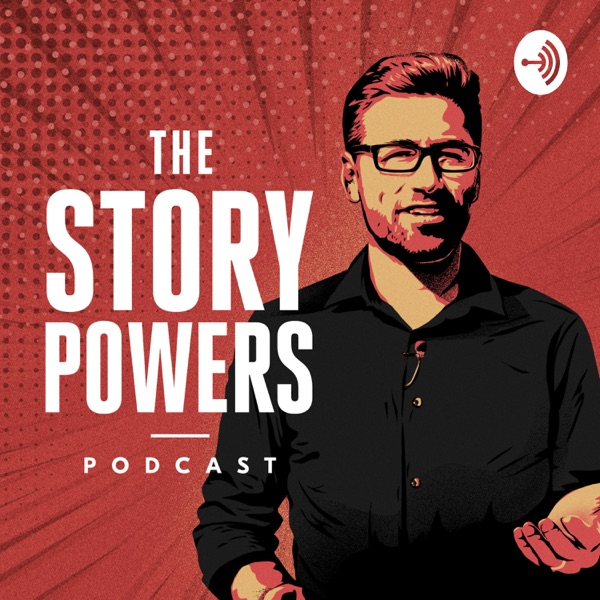
My good friend Francisco Mahfuz recently had me as a guest on his podcast “The Story Powers”. It was my first time, and I must say I had loads of fun. Fransisco is a great host.
Some of the topics we talk about are:
- How being a priest helps me build betters teams
- Mistakes leaders make in times of crisis
- My transition and journey from priesthood to corporate trainer
You can listen to the episode here as well as on Spotify and YouTube:
_________
_________
_________
Thanks buddy for inviting me and keep up the fantastic work!
The Question That Helped Me Face Uncertainty
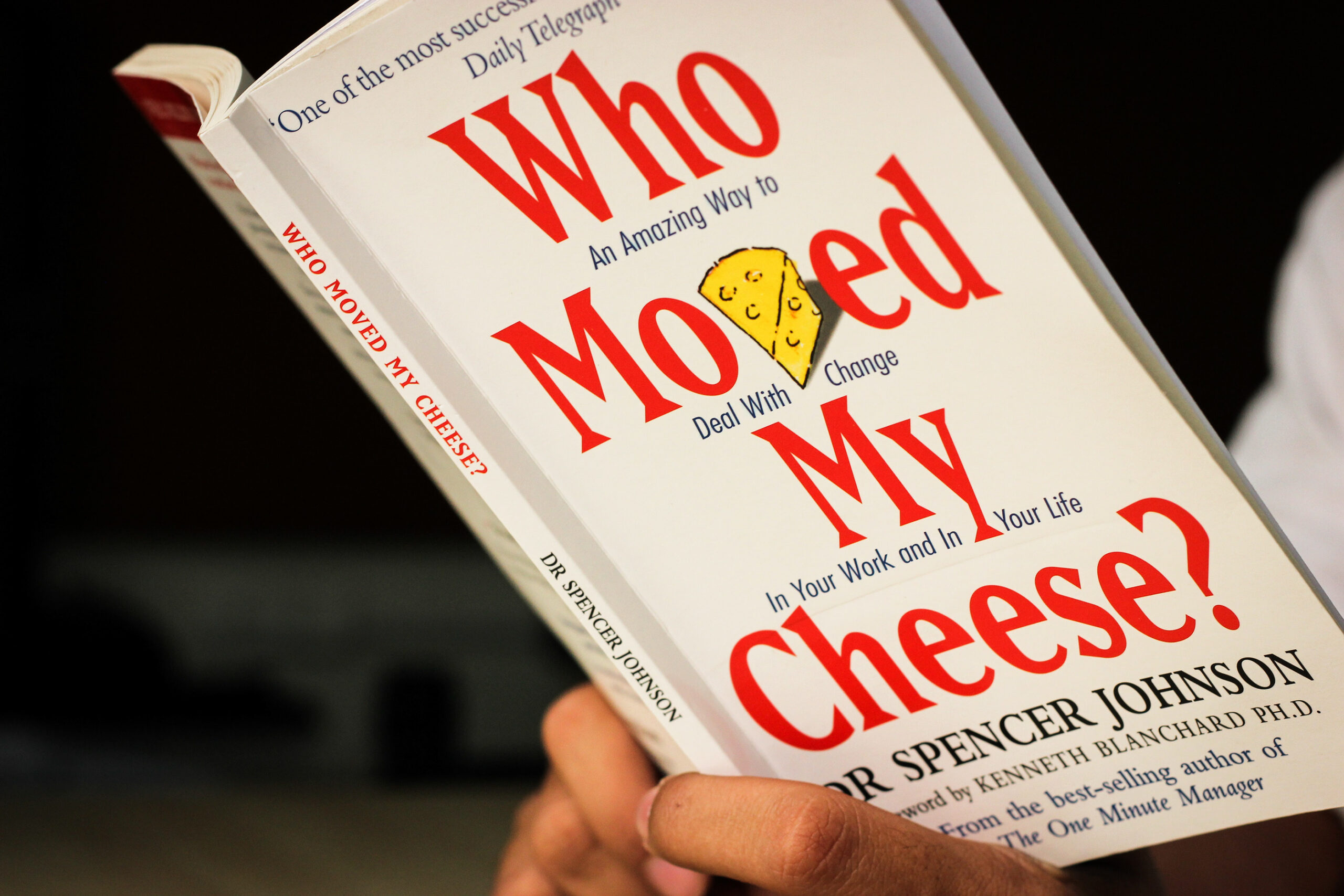

—
Most of my work is done face-to-face. Or at least it used to be. When the pandemic broke out I soon realised that a profound and irreversible change in the events and training industry was going to take place. The urge to freak out was big:
- How long will the confinement last?
- How long until face-to-face events will be allowed?
- How will I transfer my trainings online?
- What equipment do I need?
- How does this sh*t work???!!!
And then it happened. Early on in the lockdown, a friend of mine, Onu Igbokwe, referenced a book: Who Moved My Cheese, by Spencer Johnson. I had read the book years back but decided to listen to the audiobook. Life changing. It’s a must read. If you’ve already read it, and you’re facing uncertainty, then read again.
It’s a short book. A couple of hours is enough. But don’t be fooled by its length. The author says it took about 20 years to write it. Every word counts. What most changed my approach and behaviour was one simple question:
—
What would I do if I were not afraid?
—
The voice in your head might be saying: “But I am not afraid”. So here are other reactions to the uncertainty that comes with change:
- worry, concern, unease
- doubt, self-doubt, confusion, hesitation
- agitation, stress, anxiety, nervousness
- denial, refusal, complaining, intolerance, aversion
Fear has a funny way of disguising itself. If you’re feeling any of these, chances are there’s a degree of fear involved — the fear of failure. So here’s another way of putting the question:
—
What would you do if you could not fail?
—
After listening to the book things got better. I did a full-blown online training with Amazon, and was invited to impart shorter trainings and talks, as well as online coaching sessions. And next week I’ll be facilitating a two-day online “home-site” with King, the creators of Candy Crush.
Luck? Yes. Absolutely. So much luck. I also like to think Seneca is at least somewhat right when he says luck is what happens when preparation meets opportunity.
But even if the book or my behaviour had nothing to do with my work picking up, my experience nonetheless of these uncertain times has consequently been more tranquil. So thank you, Spencer, and thank you, Onu!
Coping with Coronavirus: The Second Chance

In uncertain times, everything can seem to happen fast and at the same time.
How can we deal with the sense of missing out on opportunities?
—
Fire Up The Badass You With These Three Questions


—
Resilience is the ability to bounce back from setbacks. How resilient are you? False modesty aside, I must concede I am tougher than I usually give myself credit for. Here are three questions to help center our focus and boost our resilience in tough times.
—
1. Past: What misfortunes have I overcome?
—
Misfortunes are a normal part of life. Shit happens. Life has knocked us down so many times, and yet, we are still here, we are still in the game. This question helps awaken our ability to get up and fight back.
We are today what we overcame yesterday.
2. Present: How could this be worse?
—
In bad times, it’s easy to notice the things we were taking for granted that are no longer here. “How could this be worse?” turns our focus to what we might be taking for granted right NOW!
This sort of negative visualization helps develop a sense of gratitude and tranquility amidst difficulties. This is powerful because gratitude and tranquility cannot coexist with fear, frustration, anxiety or anger.
There is no fulfillment where there is no gratitude.
3. Future: What can I learn from this?
—
Every trial is temporary, which begs the question: How will we emerge from it? How do we want to emerge from it? Most of life’s important lessons come from tough times. If we choose to, painful situations can teach us.
What does this situation show about you, other people, and the world that was unseen to you before? How can you use this to grow and improve?
Pain put to good use leads to wisdom.
So how resilient are you? If I had to guess, you are tougher than you usually give yourself credit for. You are a badass. Be a badass.
Coping with Coronavirus: The Last Time
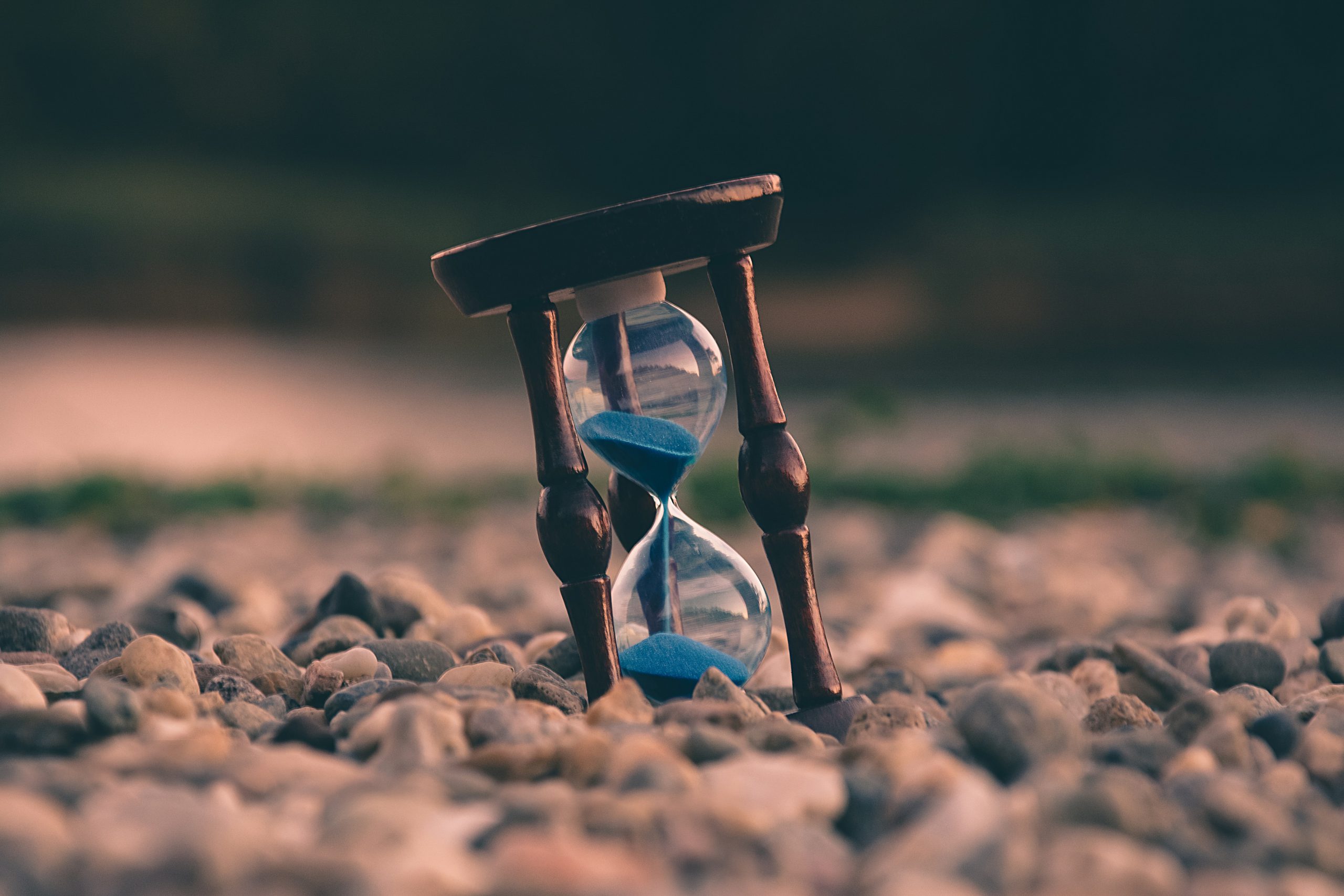
Have you heard of a technique that helps with tedious tasks and stressful situations?
One that can be practised at any time, in any place, and by anyone, including children?
—

